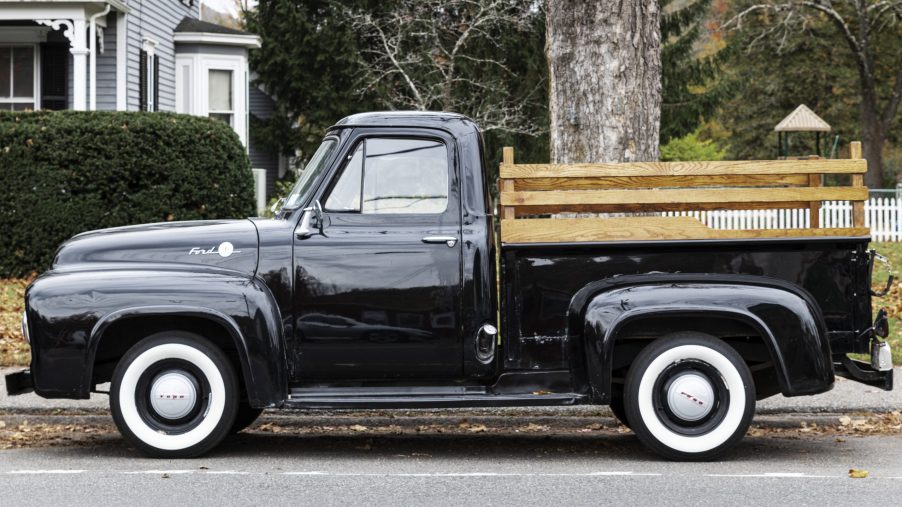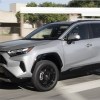
Own a Pre-1980 Truck? It’s Not Taxed So They’re Coming For It
Right now, your classic vehicle is not generating any money for your county or state. Unless you sell it, you only pay a small number of fees worked into the gasoline price. But now, lawmakers are looking at a tax-per-mile scheme that is getting lots of attention from counties and states. Your classic truck may soon be taxed.
Why would classic truck owners be taxed for miles traveled?

When you buy a new truck or SUV, the registrations fees can be expensive. As the vehicle ages, those fees lessen, until it is old enough to accrue only the minimum amount of money. Those fees cover a variety of entities, which helps to pay for all kinds of road-related costs.
Typically, a state works out those fees based on the type of vehicle, purchase price, the city or county you live in, unladen or gross vehicle weight, number of axles, and vanity plates. If you have unpaid violations or delinquent toll charges, some states get that money through vehicle registration too.
What those fees pay for typically are Highway Patrol, license plates, transportation improvements, infrastructure costs, and a portion to the county or district you live in. But now, cars are shifting to electricity. As this continues, the billions generated from gasoline taxes will slowly go away.
The UK already has plans to tax classic vehicle owners

Lawmakers are looking at ways to fill that gaping hole. Gary Wilson, who heads the Historic and Classic Vehicle Alliance in the UK, says that classic car ownership is under attack by different agencies looking to make a few bucks more. And it is gaining attention in the US, as lawmakers seek ways to line the civic coffers.
A road pricing system is being looked at where you would be charged for every mile driven in your classic vehicle. In the UK, Wilson says, “If it is a vehicle that is over 40 years old you’re not paying tax currently.” Classic car insurers Hagerty Insurance say that the “general assumption” is those classic vehicles registered before 1980 should remain exempt.
Some classic vehicle owners think it better to pay now rather than face more draconian assaults in the future. “We are very keen to be seen as paying our way and not an exception, as that might affect our freedom to drive on the roads,” said Wayne Scott, representing the Federation of British Historic Vehicle Clubs, told the Express. Fuel taxes in the US from gasoline, diesel, and other motor fuels, generated over $36 billion in 2016.
Some think it better to be taxed now or risk even worse consequences

Britain’s Chief Financial Minister Rishi Sunak was expected to announce a road pricing system last fall. But those plans were canceled days before a new budget for 2022 was revealed. Rumors were that there were issues over how to roll out revenues. It is unclear whether the plan will be included in the next budget announcement.
The government has always found ways to increase taxes in the US. Now, it may fall on the backs of classic vehicle owners to pay more to continue driving their valued prizes.



